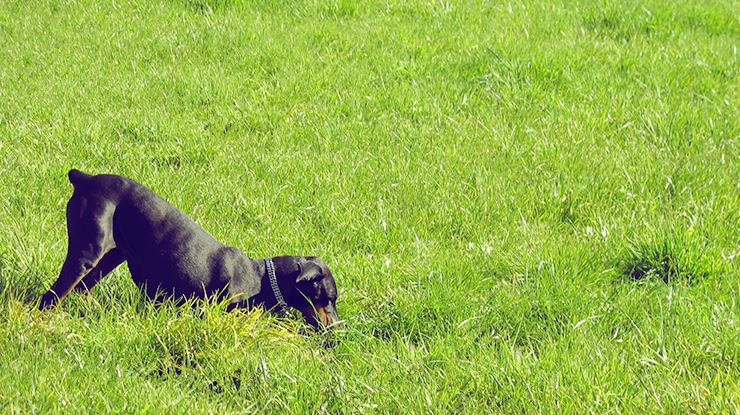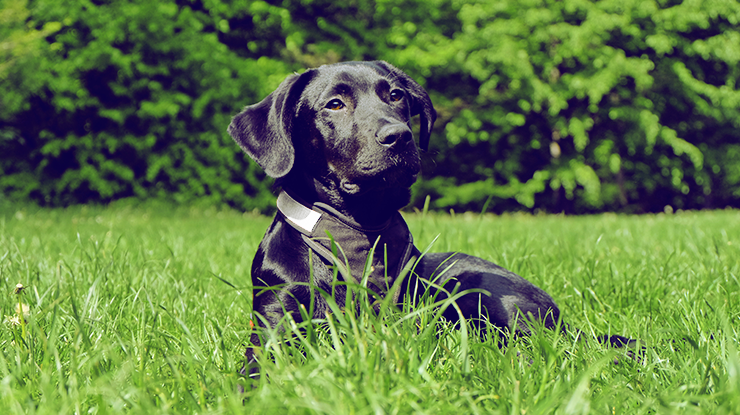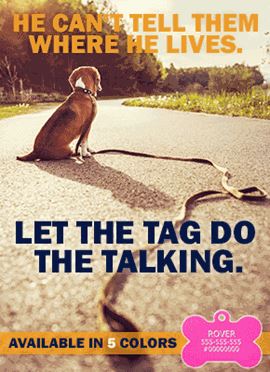
How to Curb Digging Behavior in Dogs
Understand Why They Do It
Like any other pet, a dog has its own unique behaviors—some are pleasant, and others are a complete bother to the pet owner. Though it comes naturally to dogs, digging can cause problems when it is done in the yard, lawn or the garbage bins. Dogs may make holes in the yard to bury items such as toys, bones, or a piece of a favorite leftover meal as a way of keeping it for later use.
Other dogs may dig in the yard or the garbage bin in search of prey, such as rodents or insects. Just like any other living thing, dogs seek attention from their caregivers, and, therefore, do things that will attract a caregiver's attention towards them—which includes digging. When a dog is bored, he tends to look for activities that keep him occupied. When a dog is digging along the fence, it could be a sign that he is trying to either escape or run toward something.
Digging is usually not behavior that pet owners will find acceptable, regardless of why the dog is digging. This is because it is unhygienic for both the homeowner and the dog, especially if the dog has been digging in the trash. With this in mind, it is important to seek out ways to prevent digging and to take necessary measures that will keep the dog out of the trash.
Identify the main reason and ways to stop them from digging
The first step that every dog owner should take towards curbing digging behavior is to identify the reason for the digging. This makes it easier to find solutions that will keep the dog off the yard, off the lawn, or out of the garbage bin.
lf a dog digs out of boredom or simply to seek attention, it is important for the owner to create time for play, time out with the dog, to provide toys, or to simply take the dog to the dog park to play and socialize with other dogs. Also, proper pest control (especially when it comes to rodents and insects) can keep a dog from going after animals that manage to find their way into the garbage can. Whatever the trigger may be, learn how to eliminate it and redirect your dog’s attention toward positive behaviors.

Supervise your dog
Do you ever wonder what your dog is up to when he’s left to his own devices? Well, you can find out by supervising your dog when he plays outdoors. If he has a habit of digging in the trash, making holes in the yard, or digging near the fence, this is your chance to catch him in the act.
After you notice your dog doing any of the above, it is possible to surprise him and redirect his attention away from the unwanted behavior. You can often distract a dog after he starts digging by clapping your hands (or using a loud noise from empty bottles, cans, or coins) as soon as you see him engaging in the behavior and redirecting his attention toward something else. By doing so, he is likely to learn that digging is unacceptable, which is likely to discourage him from digging in the future.
Train your dog
Because digging comes naturally to dogs, it may be impossible to end the dog’s digging habits completely. But, by teaching the dog that digging in the trash, yard, or lawn is unacceptable while also providing alternative areas where the dog can dig should make the situation easier for both your dog and yourself.
You may discourage your dog from digging in certain areas by burying rock or chicken wire under the ground in the areas where your dog frequently digs, or you can simply fence off the restricted area and set up a specific area where your dog can dig whenever he feels like it. Providing the dog with either a dirt box or a section of land where he is allowed to dig, complete with buried treasure (bones, chews, toys, etc.), will help to curb his desire to dig in inappropriate areas of the yard while still providing him with the mental, physical, and sensory stimulation that digging offers.
Ask for professional help
Sometimes it may be entirely impossible to identify the reason why your dog digs or the best ways to curb this behavior. In this instance, it is advisable to seek professional help as experts can study and identify the problem and provide the best solution.
Some Words Before Ending
To sum it up, digging may be prevented or controlled to a great extent through proper supervision, redirection, and training. Additionally, identifying the triggers helps in their removal, and providing alternatives can pay off in the long run. Finally, while these tips should put you on the right track for eliminating unwanted digging behaviors, some cases may require the assistance of a dog-training specialist to provide a lasting solution to the digging problem.
----------
Emily is the founder of DesirablePuppy, where she writes blogs about food, the best products for dogs, and lots of small tips on training dogs that she knows. Moreover, DesirablePuppy is designed to share her passion with dog owners and help to keep you in the clear know about your best friend.















